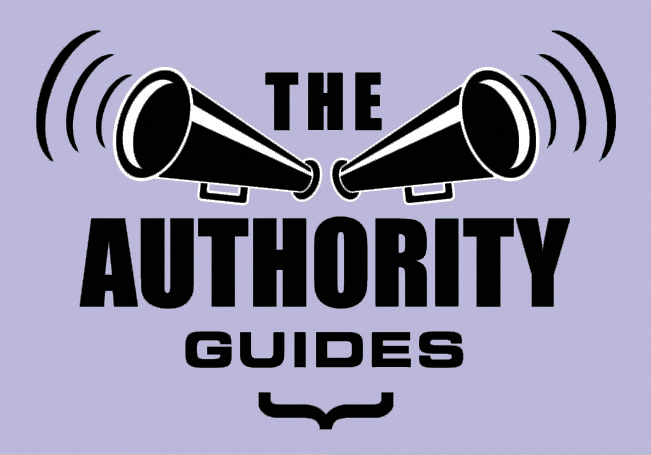Until fairly recently I believed that performance management was a process for the big corporates, not for small companies like mine.
Having read Gene Johnson’s book, The Authority Guide to Performance Management and had the chat with him that I’m sharing with you today, I realise now how wrong I was. Performance management is not just about ratings and appraisals. It’s about those things that lie at the very heart of a successful business. It’s about how we lead, how we share the vision and values of our business. It’s about making sure our team members are content, on purpose, and doing work that brings out the best in them. It doesn’t have to be some giant, onerous, bureaucratic thing featuring piles of unnecessary paperwork. And, as Gene argues, it doesn’t matter how big or small the company, it brings huge benefits to us all.
Gene’s book along with two more guides will be launched at Waterstones High Street Kensington on 20 July. We’d be delighted to see you there.
The Authority will be taking a short break over the summer although we will be in touch in the next couple of weeks to ask you a few questions about what you’d like to see in future editions.
Have a great summer!
All good wishes,
Sue Richardson
Editor of The Authority
Gene Johnson’s Top Tips for Effective Performance Management…
It’s no surprise, just about everybody hates performance appraisals and their associated processes. Yes, they do have their ‘pro’ side – meaningfully conducted, they provide direction, set clear expectations, offer useful feedback, and act as an objective base for important decisions like bonuses and promotions. Yet, the biggest problem is that they are rarely meaningfully conducted. In many workplaces, they are just ‘tick box’ activities perceived as bureaucratic processes that have to be endured. Yuck.
So, when some of the big corporate players announce that they are eliminating their ratings, like Microsoft, Accenture, and GE, the rest of the world views this as a magic bullet that has arrived to transform the performance management arena and make their lives easier. This is far from the reality. Firstly, even if you eliminate the official rating, there’s still going to be some rating, ranking, or index used – typically now unofficial (read: shadow rating). Secondly, get rid of ratings and overly simplify processes, and many managers flounder in workplaces that don’t have true performance cultures.
The Authority Guide to Performance Management explains how to establish a performance culture not overly reliant on process. The key takeaways from this book are:
- Remember that human beings have three essential psychological needs: direction (via goal setting), feedback, and reinforcement.
- A performance culture is where everyone knows about and is inspired by the vision and values of the organisation; performance expectations are clear and set high; feedback is expected and welcome, and offered in real-time all the time; development is primarily on-the-job and day-to-day; performance distinctions are made between average and superstar staff, and poor performance is managed early on.
- The humble people manager is the conduit between ensuring all the above is obvious to their direct reports. The best manager is a catalyst that transforms his or her staff to realise their greatest potential. Managers do this in their day-to-day behaviours.
- Executive leadership set the scene for establishing and embedding a performance culture – they have to ‘walk the talk.’ If they don’t promote such a culture, then managers have no chance of success in implementing a performance culture.
Dr Gene Johnson is the Managing Director of Working Matters, a work psychology consultancy operating in the UK and Asia Pacific. His experience managing performance review systems in multi-national corporations helped him to understand what doesn’t work and how to create meaningful performance cultures.
This month we’d like to thank Nick Williams, bestselling author of 13 books including The Work We Were Born To Do.
Differentiate or Die: Survival in our era of killer competition by Jack Trout (John Wiley & Sons, 2008) Brand You by John Purkiss and David Royston-Smith (Pearson – 2nd edn, 2012)
I had thought of brands in business as commercial inventions, often based on smoke, mirrors and deception, which I didn’t find attractive. Yet at the same time, I could see that creating brands works – it creates success. This book helped me understand that I could create a brand that was my full creative, entrepreneurial, leadership and creative expression. I didn’t need to invent a brand as much as I needed to create a brand around me showing up fully and expressing myself.
£9.99
The Authority Guide to Performance Management


